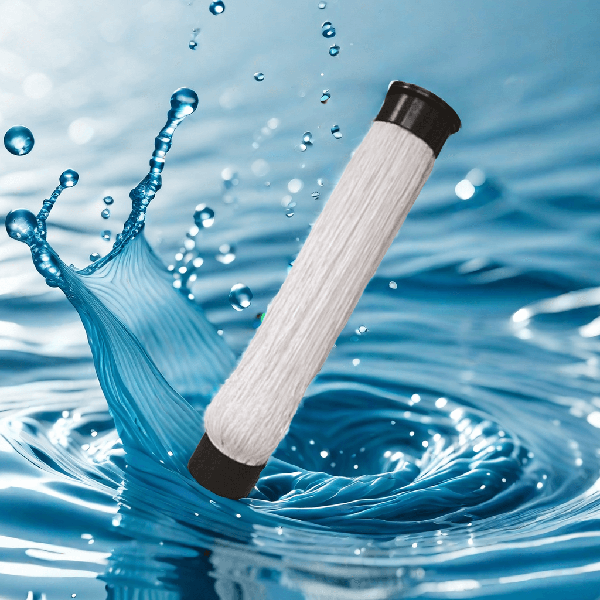Strategies for Treating Coal Chemical Wastewater
In order to effectively treat coal chemical wastewater, the following strategies can be adopted:
1、 Preprocessing stage
Oil separation and air flotation:
Oil separation tank: used to remove oil substances from wastewater, which not only reduces the load of pollutants in wastewater, but also helps to improve the efficiency of subsequent treatment.
Air flotation process: further removes suspended solids, oil substances, as well as some COD and BOD in water, and its effect is usually better than traditional coagulation sedimentation method.
2、 Biological treatment stage
Hydrolysis and acidification process:
Control the anaerobic fermentation process in the hydrolysis and acidification stages, without entering the methane production stage, in order to improve the biodegradability of wastewater and create conditions for subsequent aerobic treatment.
Biological concentration synchronous denitrification process:
By adding carbon powder to increase sludge concentration, organic matter removal and short-range nitrification denitrification of ammonia nitrogen can be achieved under specific hydraulic conditions and low dissolved oxygen environments.
The process has the ability to remove COD and polyphenols that are difficult to degrade, and can achieve nitrogen removal under low dissolved oxygen conditions, saving energy and avoiding foam.
Pre denitrification (A/O process):
Wastewater is first subjected to nitrification reaction in an aerobic tank, followed by denitrification reaction in an anoxic tank to achieve complete denitrification.
This process is particularly suitable for treating coal chemical wastewater with high ammonia nitrogen concentration and containing difficult to degrade organic compounds.

3、 Deep processing stage
Adsorption method:
Utilize the adsorption function of the material surface to remove pollutants from wastewater, but pay attention to the amount of adsorbent used and regeneration issues to avoid secondary pollution.
Advanced oxidation technology:
The use of strong oxidants such as ozone and hydrogen peroxide to oxidize and degrade organic matter in wastewater is particularly suitable for treating difficult to degrade organic matter and chromatic substances.
4、 Other precautions
Comprehensive treatment plan: In response to the complexity and diversity of coal chemical wastewater, a comprehensive treatment plan combining multiple technologies is usually required.
Real time monitoring and adjustment: During the wastewater treatment process, water quality changes should be monitored in real time, and treatment parameters and processes should be adjusted according to the actual situation.
Mud treatment: Reasonably dispose of the mud generated during the treatment process to avoid secondary pollution.
In summary, effective treatment of coal chemical wastewater requires the comprehensive use of various methods such as physics, chemistry, and biology, and flexible adjustment and optimization according to actual situations.
